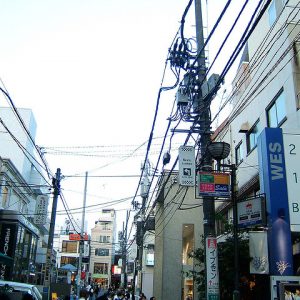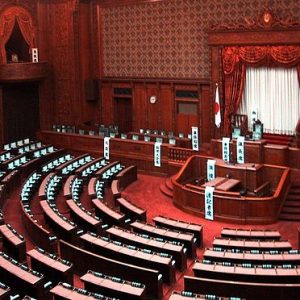Japan—US$376 million With scarce and rapidly dwindling fossil fuel resources of its own, Japan engages in only a small amount of domestic oil and gas exploration. It relies heavily on fossil fuel imports to meet its energy needs, particularly since the accelerated phase-out of nuclear power following the Fukushima disaster in March 2011. So while...










